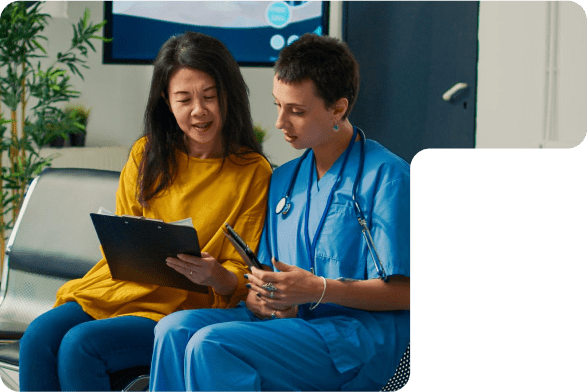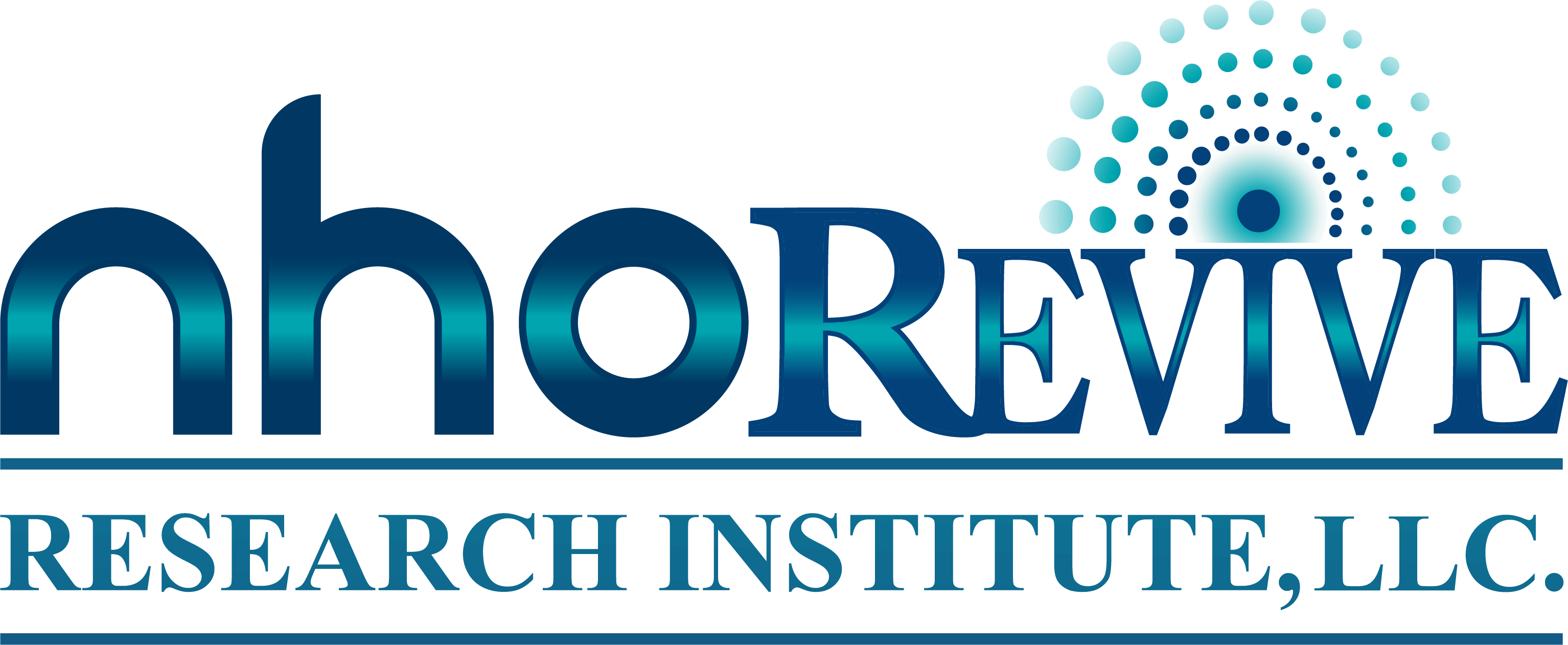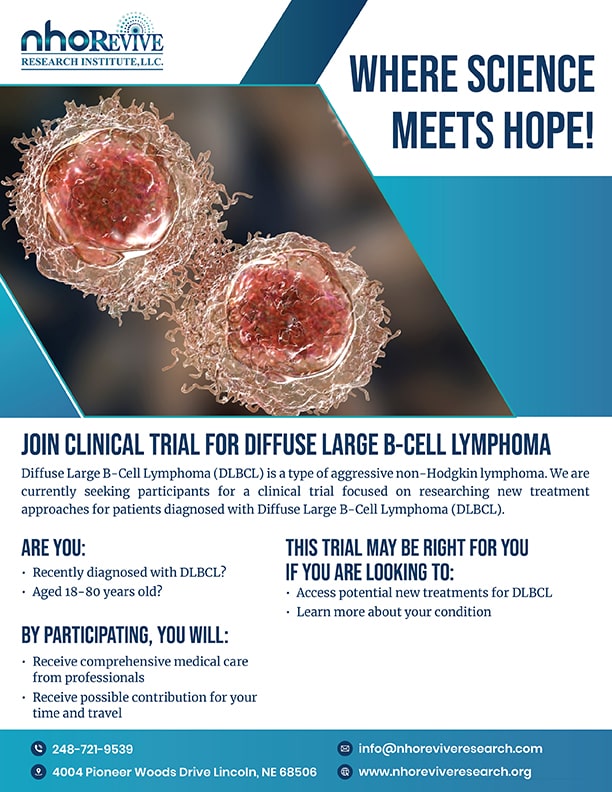Diffuse Large B Cell Lymphoma Research Study is exploring innovative treatments to improve patient’s condition suffering from cancer.
Diffuse Large B Cell Lymphoma Clinical Trials in Nebraska
Understanding Diffuse Large B-Cell Lymphoma (DLBCL)
Potential Treatment for Diffuse Large B Cell Lymphoma
Diffuse Large B-Cell Lymphoma is the most common subtype of non-Hodgkin lymphoma, accounting for approximately 85% of all cases. DLBCL is a rapidly growing blood cancer and the most common form of non-Hodgkin lymphoma, resulting from various genetic mutations that turn healthy cells into cancerous ones. DLBCL affects the body by transforming white blood cells, specifically B-cells, into fast-growing cancer cells that do not die as they should. These malignant B-cells can appear in lymph nodes or other organs, such as the gastrointestinal tract, thyroid, skin, breast, bone, or brain. The disease is aggressive and can spread quickly.
Survival rates have improved, with about 60-70% of patients achieving long-term remission. Prognosis depends on factors like age, overall health, and disease stage. Early detection and personalized treatment are key to better outcomes. Some cases resist standard treatment, leading researchers to explore alternative therapies.
At NHO Revive, we are dedicated to lessening cancer progression through the development of a novel drug in Diffuse Large B Cell Lymphoma Clinical Trials. Our innovative research aims to provide potential novel treatment options, targeting the underlying mechanisms of cancer.
You might be eligible for Diffuse Large B Cell Lymphoma Clinical Trials
- 18 Years to 79 Years
- Male and Female
- Confirmed diagnosis of DLBCL.
- Total Studies: 01
*Participation in our clinical study is voluntary, and it’s important to consult with your healthcare provider before making any decisions related to your treatment or care.
*Participation in the clinical trials causes no expenses for you or your private medical insurance. You’ll receive compensation for your time and travel.
Explaining Potential Treatment for Diffuse Large B Cell Lymphoma
A diagnosis of diffuse large B-cell lymphoma (DLBCL) can be a challenging and life-altering experience, bringing about feelings of uncertainty and concern. However, it’s important to remember that you’re not alone in this journey. Significant advancements are being made in cancer research, and diffuse large B cell lymphoma clinical trials in Nebraska are providing access to plausible therapy options .
At NHO Revive, we are committed to advancing potential treatment for diffuse large B cell lymphoma. We are currently investigating the efficacy of a study drug when combined with other medications in adults with DLBCL. Our clinical research study aims to measure changes in disease activity to determine the treatment’s effectiveness, offering new possibilities for those battling this aggressive form of lymphoma.
What to Expect
If you volunteer for NHO Revive Diffuse Large B Cell Lymphoma Clinical Trials by completing the form above, our study team will reach out to assess your eligibility. They’ll review the study specifics with you to check if you meet the criteria for participation.
If you qualify, you’ll be invited to the study site for screening, located within a 50-mile radius of where you are now. The doctors will discuss the trial’s duration and its impact on your cancer treatment. Once everything is explained, participants will be asked to sign an informed consent form. Make sure to go through everything with your provider. We value transparency between our participants and investigators
*You’ll receive study-related care at no cost, including comprehensive physical exams and evaluations conducted by skilled physicians.
Age
18 Years to 79 Years
Gender
Male and Female
Location
Nebraska

300
Manage your Cancer
Managing diffuse large B-cell lymphoma (DLBCL) encompasses tailored strategies, including diagnosis via comprehensive evaluations like biopsies and imaging. Treatment integrates chemotherapy, immunotherapy like rituximab, and potential radiation or stem cell therapies. Supportive care addresses symptoms and emotional well-being. Diffuse Large B Cell Lymphoma Clinical Trials offer potential treatment. Regular monitoring ensures treatment efficacy and adjustments are managed according to the patient’s condition
Frequently Asked Questions
Interested in learning more about our research? Explore our frequently asked questions to gain knowledge about this condition.
What are the typical symptoms of DLBCL?
Common symptoms can include painless swelling of lymph nodes, fever, night sweats, unexplained weight loss, and fatigue. However, these symptoms can also be caused by other conditions.
What are some risk factors for developing DLBCL?
While the exact causes are not fully understood, certain factors can increase the risk of DLBCL. These include weakened immune systems (due to HIV/AIDS, organ transplants, or autoimmune diseases), a family history of DLBCL, and exposure to certain herbicides.
How do I know if I qualify for a diffuse large B cell lymphoma clinical trial?
Each clinical trial has specific eligibility criteria based on factors like age, health status, type and stage of cancer, and previous treatments received. Most clinical trial websites have information about eligibility requirements. You will be informed about the criteria when you contact us.
What happens after I enroll in a diffuse large B cell lymphoma clinical trial?
Before officially participating in diffuse large B cell lymphoma clinical trial, you will undergo a thorough screening process to ensure the trial is safe for you. Once enrolled, you will receive regular monitoring and treatment from the research team.





